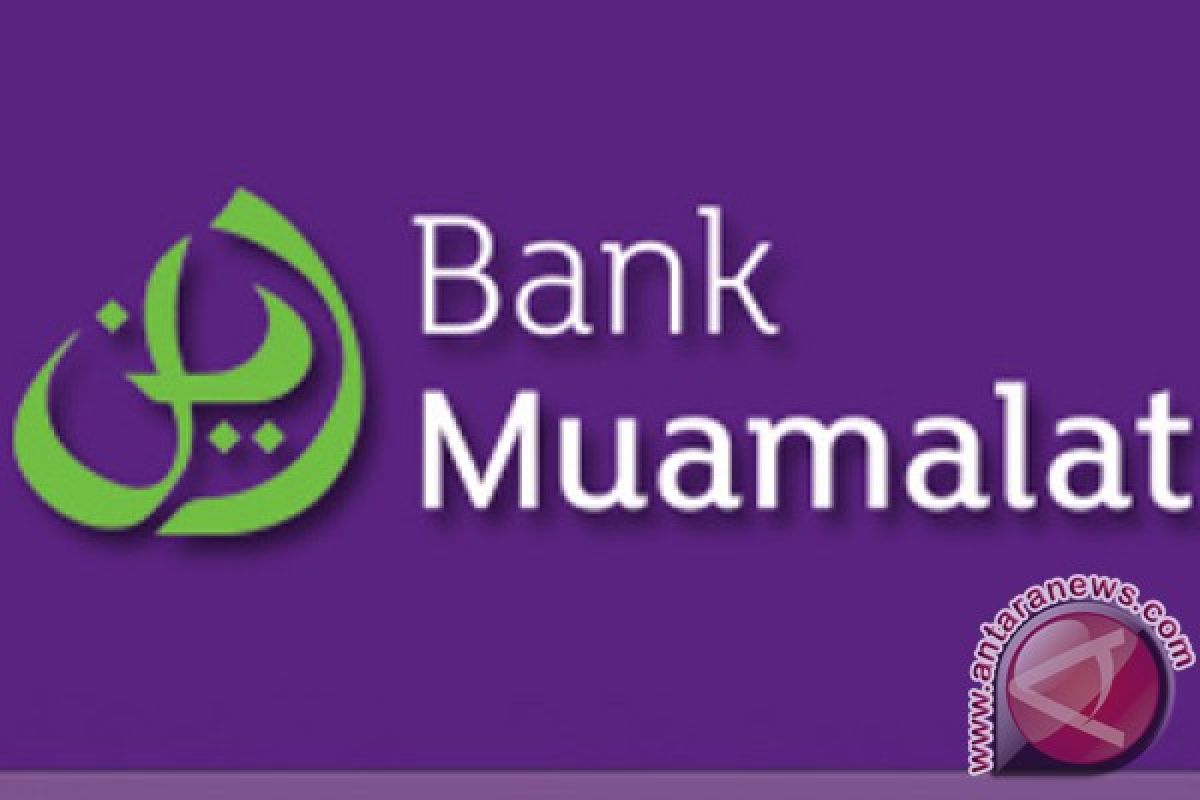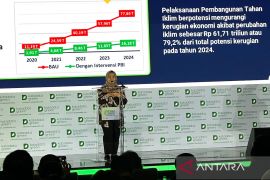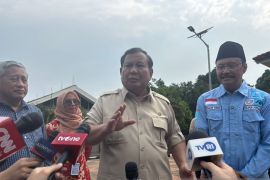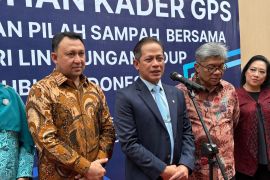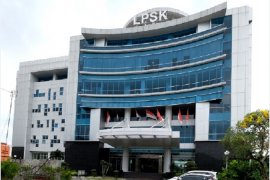"Bank Muamalat must not die, because it is the mandate of the MUI fighters," he stated, shedding his tears before thousands of people opening accounts at the bank`s office here, on Wednesday.
Amin, who is also the chairman of the sharia supervisory board of Bank Muamalat, noted that Bank Muamalat was currently sound, but certain parties have issued a negative discourse about it to make people distrust the pioneer of sharia-based financial industry in the country.
"There are rumors that have made people to distrust Muamalat, which is the first banking system in Indonesia. From Muamalat, we started developing sharia capital market, sharia insurance, and sharia banking to the National Committee of Shariah Finance (KNKS)," he remarked.
Amin admitted that he had just met with President Joko Widodo and the president had agreed to develop and grow sharia economy by creating a "new economic current" movement.
"We are talking about how to empower people so that they will not be weak. That is why we have proposed a new Indonesia economic current movement. It is called a new current, because the economy has so far been built from the higher level and not the grassroots," he explained.
Bank Muamalat operated as the first sharia bank in Indonesia on Nov 1, 1991. It was established upon the idea of MUI, the Indonesian Moslem Scholars Association (ICMI), and Moslem businessmen and supported by the Indonesian government.
Muamalat is currently preparing a process of rights issue to strengthen its capital, targeting Rp4.5 trillion from it.
In the middle of 2017, Muamalat found that investor PT Minna Padi Investama had expressed readiness to be a buyer, but it was later cancelled because the company could not meet its obligation before the deadline set upon agreement.
In view of that, Muamalat is now looking for a new investor to strengthen its capital and meet requirements as a sound bank, in line with the regulator`s directives.
Based on its third quarter financial report 2017, Bank Muamalat`s capital adequacy ratio stood at around 11.5 percent.
On the other hand, the bank must clear itself from non-performing loans, which once reached seven percent three years ago. By the third quarter of 2017, its non-performing loans were recorded at 4.5 percent.
Reported by Indra Arief Pribadi
(H-YH/INE)
(T.SYS/B/KR-BSR/A014)
Reporter: SYSTEM
Editor: Heru Purwanto
Copyright © ANTARA 2018
